|
In the last dozen years we have been raising goats, I can honestly say I have never seen demand as high as it is right now! I can't say for certain what is driving the demand, but I have a few assumptions. With prices of $3-4 dollars per pound on the hoof for 50-60 pound goats, producers are making more money than ever before. While kikos are known for their minimal inputs and being excellent mothers, they put more live kids on the trailer at sale time, costing less to raise their kids all while clearing land for the producers. It is a win win win situation. Many cattle farmers have been making some changes to their production by adding goats to their pasture rotations. Their mix of dietary preferences and grazing behaviors make for greater plant utilization. Goats are browsers, cattle are grazers. Goats are used for weed and brush control. Cattle follow behind the goats and help control any parasites the goats leave behind without harm to the cattle. The goats can be added to the cattle farms without reduction of the total head of cattle in production. With the concerns over supply chain issues and the health issues from COVID-19, people are looking for ways to become a little more self reliant. Kiko goats are a good fit for the homestead. Does can produce milk for the family farm and for her kids, while also providing meat for the freezer. Goats are smaller and easier for new farmers to deal with than a 1,000 pound cow. They are a perfect fit for the small acreage farming family.
0 Comments
Eight Seasons! I know, you are thinking "but Sherri your bucks won't be eight until January 2022!!" Right again! But they went to work before their first birthday! Count with me now..... 2014, 2015, 2016, 2017, 2018, 2019, 2020, 2021 I say this all the time and I mean it you don't keep bucks around that long unless you are THAT HAPPY with their performance!! Summer Breeding 2021? yes Fall Breeding 2021? still yesAfter a short break from operations, we began putting our doe herd back together in May 2021. The girls came back from a couple of nearby farms. Some were fresh off of weaning and some came back already bred!! By October 2021, we brought in even more girls! Rather than pushing them all to conform to the schedules we normally run, we gave the does time to get into the swing of things before re-entering production. We will have a somewhat scattered kidding season before us now and that's alright! It is a lie we have told ourselves for many years that we are going to "kid all at one time this year" and "every dam will be on the same schedule" um hmm, yeah right. At least this year we feel like we have good reasons. In all seriousness, we take pride in what we produce. Whether for goats we intend to retain for our own breeding stock or goats we believe are worthy to offer to others, we believe in the lines we have developed here on Dean Hill. Indian Outlaw and Isaiah's Fire combine size and motherability, parasite resistance and good confirmation and it is our desire to continue to make these crosses in the future.
Just look for all the cute kid photos to start long about November and end maybe in April.
Maybe - haha! Today I am having a refresher course in blog posts and website design. I'm going a little slow on the website on the whole, but thought surely one little update here would be easy enough. Hopefully,....
Our bucks are in great shape and having bred a few does in the summer of 2020, they did not notice the operational hiatus. Now that summer is back in swing and they are enjoying the company of the ladies again, lucky for us - they are not bearing any hard feelings ;).
Now we are busy with the task of restocking the doe herd. And we are having lots of fun doing it! Thank you all for your continued confidence in our program! This life is an awesome journey and we are enjoying the ride!!! If it ain't broke, don't fix it! What possible good can come from changing what works well? Some of you are old enough to remember in 1985 when Coca-Cola decided to give consumers New Coke. It was dubbed the biggest marketing blunder of all time. And came on the heels of the rise of Pepsi and the popularity of the Pepsi Challenge. Realizing their error, soda drinkers were much happier when Coca-Cola returned to their tried and true formula. Enough about soda. Indian Outlaw & Isaish's Fire!!
Both born in January 2014. Both servicing does on our farm since fall of 2014, both great bucks in their own right for their own strengths. We are currently celebrating SEVEN consecutive seasons of breeding by these two bucks here at Dean Hill!! A quick search on NKR and AKGA databases show 97 registered Isaiah's Fire offspring and 82 registered offspring from Indian Outlaw from five to six years of kids (some of the sixth breeding season kids have been registered, but all have not). How many farms can you think of with the same two herdsires for SEVEN years?
Having retained their daughters, we are doubly pleased with the crosses they make together!! So here's to SEVEN more breeding seasons with these two and we are very thankful to have the opportunity to care for these wonderful bucks!! Kidding should begin again in October 2020!! We are fortunate to have several close friends in the kiko industry and a topic that seems to come up frequently is the advantages and disadvantages to buyers and/or sellers to participate in registered auctions. Everyone has to make decisions based on their situation and their circumstances and what might be a detractor to one farm, might be an enticement to another. Many registered kiko sales for 2020 have been cancelled or rescheduled due to concerns over COVID-19. And many breeders who had selected their finest registered goats to carry to these events were faced with the question of what to do with the animals that were heading to these sales to represent not only their farm, but the kiko breed. They are likely selling those goats off the farm now, or holding them for sales in the future when gatherings of more than ten people are once again the norm. Not only long time breeders but new breeders as well often ask the question "are registered sales a good thing?" or they have heard positives or negatives about the sales and would like some input. For the record, we have bought goats at registered sales and sold goats at registered sales. I have purchased goats directly from the breeder and sold goats directly to breeders. The first goats we purchased were bought direct from the breeder, the last goats also.
CONSIDERATIONS FOR CONSIGNORSADVANTAGES Advertising for your farm 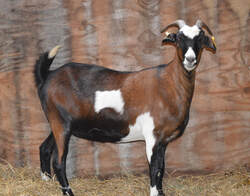 RDH Isaiah's Patches - high selling doe at registered kiko auctions in 2016. Currently owned by Don & Christy Mulhall at Honey Stables Ranch in Kentucky RDH Isaiah's Patches - high selling doe at registered kiko auctions in 2016. Currently owned by Don & Christy Mulhall at Honey Stables Ranch in Kentucky When you are relatively new to breeding kiko goats, or make changes to your breeding program (new herdsire or herd moms, new farm management practices, etc.) a registered sale gives you a great opportunity to show your stock to a greater number of people than you will probably encounter at your farm in a year's time. Making sure your are bringing the goats that you had rather keep is key to capitalizing from this advantage! Your phone will not ring, nor will your inbox be filled with inquiries if no one knows what you have to offer. Advertising in some form is a must when selling registered stock. Networking
Opportunity for Higher Sales Price When pricing our goats for sale off farm, we try to be fair to both buyer and seller. We take into account our averages from the past, current demand, the goat's attributes, and come up with a price we can stand to part with that goat. When you are dealing with a really special goat in the auction ring and there is high interest in that goat, that goat can exceed "what you can stand" and enter a realm of "what you never imagined". As with any auction, people want what they want and sometimes as the bidding goes on, they want it very much! DISADVANTAGES Too easy to miss an opportunity to connect with your buyer
Sales Price is Uncertain When you consign a goat to a registered auction, you have an opportunity to place a reserve on your goat. A reserve is a minimum price you are willing to take for your consignment. If your consignment does not get a bid up to that reserve, you will be taking the animal home. If you choose to take whatever price the goat brings, you may sell that goat for less than you hoped. There is no guarantee on the number of buyers and bidders at the auction and no guarantees that you will reach your goat's fair market value. High Costs of selling It is a rare thing for a registered auction to be held within driving distance of your farm. There are costs to consign your goats to a registered auction because there are costs involved in putting on the sale. I have seen consignment fees for as little as $80 per goat, and fees up to $150 per goat plus a 5% commission. Let's do a quick and easy calculation on expenses. I will do an average consignment fee for the equation and a maximum of three goats to consign. I will also figure two nights of hotel accommodations, 200 miles of travel one way at 15 miles to the gallon (pulling a trailer/truck/etc) for $2.00/gallon , meals while on the road and a reliable farm sitter. You have now invested $845 to sell those three goats. I am not saying it isn't worth it, but these are referred to as "sunk costs" - costs that cannot be recovered. You may reduce your actual costs from the example given or you may buy NEW goats or splurge on meals/activities while you are out of town, but the point remains, you are spending money in the hopes of gaining a return. BUYER'S PERSPECTIVEADVANTAGES Variety
Networking I realize this was listed above as a benefit to the consignors, but what an opportunity to meet new people and talk to several different breeders. Most all of the kiko breeders we have had the opportunity to meet, are kind and helpful folks. Some of our best friendships are the ones that began over a goat pen!! If you are just looking and aren't ready to bring goats home yet, you also have the opportunity to see what animals are offered by what farms for ideas for your future shopping lists. Educational Seminars
DISADVANTAGES The Waiting  When I am ready to buy something - ANYTHING - I dislike having to wait. Car fever, but you can't go to the dealership? Hungry for your grandma's chicken soup recipe, but can't go to the store? Got your fencing ready and the dogs all set, but the sale is five weeks away? Yeah, frustration. No one likes to wait. What Are You Buying? If you are not familiar with the breeder, or the farm where a certain goat originated, you are in the dark on the animal. If you can find out who the breeder is and talk to them about their operation, you can satisfy some of your curiosity, but it is nothing like a farm visit where you can not only hear for yourself, but see for yourself. You may also get a chance with an on-farm visit to see what the breeder doesn't want to sell! I have more than once been talked out of the goat I did not want to sell by someone who REALLY wanted that goat in their herd!! Additionally, the fine print in all the sales catalogs have similar lines "all animals sold as is...." or "the ABC Sale makes no guarantees on the animals sold...". If you have no relationship established with the consignor and you have an issue with the goat you brought home, you have to hope once you contact the seller they will help you out. And straightening out a problem with someone who is 1,000 miles away could present a challenge. Are You Bidding Against A Real Bidder?
Other bidding practices that involve online bidders and phone bidders make some bidders in attendance very uncomfortable. If the opposing bidder is anonymous, do you have faith in the bidding process? If you have questions about the rules on bidding/buying ask a representative of the sale about their policies before the sale begins! However you chose to add goats to your herd |
| Instead of getting bogged down with questions like "why is there still no Charmin on the shelf?" "will there be any NFL this fall?" and the bigger questions "will closing these meat plants impact our food supply?" "how will our economy rebound with so many millions out of work and so many small businesses closing?" |
Maybe we can focus on what we can do to make ourselves less reliant on those issues in the first place. After years of focusing solely on goats, we are now waiting on a new shipment of day-old chickens, starting tomato plants, (where DID I put those okra pods??) and waiting for the rain to stop so we can get that garden ready again! It's not a move out of fear, but more of a sense of getting back to the basics of loving this lifestyle and enjoying it with a balance of agricultural activites. When you are busy working, there is less time to let outside influences in your head. Turning off the news and beginning new projects is what's up around here!
So maybe you have the garden, the chickens, some rabbits, maybe some cattle and are thinking that goats might be a good addition for uncertain times. Or this is your first venture into a more self-reliant lifestyle. Maybe safer-at-home has you staring out into your backyard and thinking in a new direction. Whatever your needs or your goals, send us an email or give us a call to see if we can be of help in your plans for the future!
You may have heard or seen that we recently went through the process of dual registering the goats in our herd. We have been asked privately to explain why we made that decision and would like to take some time to make this information available to anyone who would like an explanation.
We began raising registered kikos in 2011. For those new to kikos, that year doesn’t hold much meaning. If you have been involved for awhile, you know that was the year the National Kiko Registry (NKR) came into existence. We knew NOTHING about the history of the registration groups, and did not care. We set out to buy good goats. We took our search to the internet, grabbed our check book, checked the air in the tires and hit the road. By total chance we ended up at two farms who were registering their goats with the NKR. The first registration papers that found their way to our mailbox were from NKR. We bred goats and registered with NKR. As time went by, we realized that there were DNA sharing issues between NKR and the American Kiko Goat Association. We continued with the registry that has been serving our needs. And we made friends, we bought and raised good goats and had excellent opportunities for which we are thankful.
We began raising registered kikos in 2011. For those new to kikos, that year doesn’t hold much meaning. If you have been involved for awhile, you know that was the year the National Kiko Registry (NKR) came into existence. We knew NOTHING about the history of the registration groups, and did not care. We set out to buy good goats. We took our search to the internet, grabbed our check book, checked the air in the tires and hit the road. By total chance we ended up at two farms who were registering their goats with the NKR. The first registration papers that found their way to our mailbox were from NKR. We bred goats and registered with NKR. As time went by, we realized that there were DNA sharing issues between NKR and the American Kiko Goat Association. We continued with the registry that has been serving our needs. And we made friends, we bought and raised good goats and had excellent opportunities for which we are thankful.
| Fast-forward to the final week of 2018. The AKGA and the NKR have reached an agreement to share DNA. To keep this relatively short, I will skip the intricate details of previous retesting, sire verified, grandsires and granddams and various rules that apply. Having been strong supporters of the NKR for years we were faced with a choice, to dual register or not? It was time for the ledger pad and the column headings PROS and CONS. After a few days the list was short on both sides and we realized the only true “con” was the extra cost of getting the extra certificate. | In the fall of 2019, to celebrate the ongoing agreement between the registries, the AKGA announces from October to December 31, 2019, all animals that qualify for dual registration would receive FREE AKGA certificates. There went my only reservation. So let’s focus on WHY we now have two registration certificates on our goats. |
Being Helpful to Others
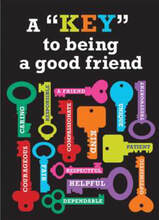
With free registration certificates, a trend to dual register goats began in earnest. We received requests from friends with goats that originated from our farm and those goats had NKR registration certificates. They asked if we were planning on dual registering our girls and herd sires so they would have the option to do the same (I promised not to get into the details, but I will add that all four grandparents are required to be in the AKGA database for eligibility on 100% NZ. Adding our goats was the link needed for others to proceed). When an opportunity to help a fellow breeder comes along, and it doesn’t cost you anything but a little time, take the opportunity!! If it’s in your ability to be a help to someone, be a help. It’s not making a political statement, it’s not choosing sides, it is simply being thoughtful and considerate to the needs of others.
It's A Piece of Paper
The different registries are not raising different classes of Kiko goats. Both registries certify you have a Kiko goat. Goats in both registries track their lineages back to the original imports. The differences between the registries are in their setup. One is a for-profit registry service and the other is a non-profit association. They both utilize the same DNA testing facility and both register 100% NZ, Purebred and Percentage Kiko goats. The only time the registration certificate is an issue, is if you are consigning a goat to a sale that is being sponsored or supported exclusively by one registry.
Costs
Now that the window of time to receive free AKGA certificates on eligible goats has passed, what’s next? According to the AKGA registration form, it will cost $8 to dual register your qualifying Kiko. I think it is worth noting that $8 is not that large of an additional expense on the price paid for a registered goat. On the other hand, if you have an AKGA registered goat and would like an NKR certificate also, at the time I am writing this, the cost is $12. Again, this amount is not a large expenditure for an individual goat.
What about the costs going forward? You now have goats that are either NKR registered or AKGA registered and you would like to have their offspring certified with both registries or with a single registry. What are your expenses?
What about the costs going forward? You now have goats that are either NKR registered or AKGA registered and you would like to have their offspring certified with both registries or with a single registry. What are your expenses?
Registration without dual certificates
The AKGA currently charges $8 for registration, $32 for the DNA test, and depending on time of transfer (with application or later) $5 or $8 to transfer, for a total of $45 or $48.
The NKR currently charges $12 for registration, $35 for the DNA test, and $10 for the transfer, for a total of $57.
The NKR currently charges $12 for registration, $35 for the DNA test, and $10 for the transfer, for a total of $57.
Dual Registration
Goats registered with the AKGA and then dual registration with NKR:
The AKGA charges $40 for the registration and NKR will charge $12 for a total cost of $52 per goat.
Goats registered with the NKR and then dual registered with AKGA:
The NKR currently charges $47 for the registration and AKGA charges $8 for a total cost of $55 per goat.
It is also worth noting that when you sell a goat that has been dual registered, it will cost $20 to provide the new owner with both certificates, or you can transfer one certificate if the new owner does not want or need the other registration. A review of the costs of registrations would not be complete without mentioning the cost of membership fees and client fees. Currently the NKR charges a $25 client fee. The AKGA charges $50 annually for a membership fee.
The AKGA charges $40 for the registration and NKR will charge $12 for a total cost of $52 per goat.
Goats registered with the NKR and then dual registered with AKGA:
The NKR currently charges $47 for the registration and AKGA charges $8 for a total cost of $55 per goat.
It is also worth noting that when you sell a goat that has been dual registered, it will cost $20 to provide the new owner with both certificates, or you can transfer one certificate if the new owner does not want or need the other registration. A review of the costs of registrations would not be complete without mentioning the cost of membership fees and client fees. Currently the NKR charges a $25 client fee. The AKGA charges $50 annually for a membership fee.
What do the AKGA and NKR provide for its members/clients?
Lots more than I can remember to list!! Both registries provide registration certificates. Both registries provide sales opportunities by sponsoring an annual sale. Each sale includes free educational opportunities to new and seasoned breeders alike. Both offer an online pedigree search to give breeders and buyers information about goats in their registry and their offspring. Each registry service provides advertising opportunities. And both registries publish a breeder’s directory to help identify the breeder's locations.
The Benefits of Competition
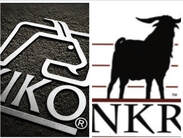
Finally, as individual breeders, I truly believe that we are better served when there are two separate registries willing to serve their members/clients. Competition between breeds makes us strive to produce and improve the traits that make our breed of choice stand apart from other meat goats. Competition between breeders keeps our farms producing bigger and better goats. Competition between registries makes sure that both organizations are focused on the needs of the breeder.
If you have questions about the registries, about registering your goats, or would like to know more about raising registered breeding stock, please do not hesitate to call or text us at 615 388-3774 or send an email to [email protected]
With kidding happening here in November and December, the bulk of our bucklings go to market in the Spring. If all goes well, we try and shoot for a couple of weekends before Easter and have seen prices of $2.77 to $3.05 per pound. This year, we decided to keep a wether to keep company to a younger spring born buckling before he was picked up to go to his new commercial herd of does. First, I had no idea the wether weighed as much as he did, and second, I had no idea the prices were still this strong when the boys go over the 60-80 pound range and daily temperatures are still in the 90s in our area!
We used to raise cattle before we bought our first goats. I was thinking about the price a 500# calf will bring now - not nearly what we once saw. One time a year per cow. In a commercial goat operation, with kidding indexes of 1.85 kids per doe or more, the goats require less inputs, easier to handle and bringing a solid return on your investment. With a little marketing, a producer can sell directly to the consumer and expect an even greater return.
There has been no better time to raise meat goats than today and there is no better maternal breed to raise kids with minimal inputs than kikos and kiko crosses.
We used to raise cattle before we bought our first goats. I was thinking about the price a 500# calf will bring now - not nearly what we once saw. One time a year per cow. In a commercial goat operation, with kidding indexes of 1.85 kids per doe or more, the goats require less inputs, easier to handle and bringing a solid return on your investment. With a little marketing, a producer can sell directly to the consumer and expect an even greater return.
There has been no better time to raise meat goats than today and there is no better maternal breed to raise kids with minimal inputs than kikos and kiko crosses.
Taste Testing Recipe
Goat Curry Recipe
Marinade
2 cups whole milk plain yogurt
2/3 c minced ginger (I use the kind sold in a bottle in the produce section)
½ c minced garlic (again, I use the kind already minced in produce section)
½ c canola oil
1 ½ T Salt
1 ½ T Turmeric
14-16 pounds of stew meat – or cubed steak meat cut into small sections
Add all spices and oil to yogurt and stir. Place meat in large Tupperware type container layering meat and marinade. Stir all to coat and let sit in refrigerator overnight to 24 hours.
Remove from refrigerator 30 minutes before cooking
Curry
½ c. curry powder
1 ½ T Fennel seeds – lightly toasted and run through a coffee grinder/or mortar and pestle
2 c. canola oil
10 chopped medium sized onions
160 oz of canned chopped tomatoes - drained
1 T ground cumin
1 ½ t ground coriander
1 ½ t ground cardamom
1 ½ t ground black pepper
1 t ground cinnamon
½ t ground cloves
½ t ground nutmeg
2 T ground cayenne pepper
1 T salt
Divide oil and onions into smaller batches and cook until onions turn brown, about 5 minutes. Add tomatoes and cook until liquid is evaporated, about 5 more minutes. Mix all the spices together including salt, and stir in with the onion and tomato mixture. Add the goat meat and the marinade, stir. Bring to boil, reduce heat and simmer for an hour. I split all these up into smaller batches of 4, once this part was complete, I stirred all together in a large pot and transferred when cool to large plastic tubs. And I placed the mixture in the refrigerator overnight. Then divide among 4 crock pots the morning before lunch is to be served.
Rice
10 cups dry rice
1 stick of butter
water
I used the rice cooker/steamer directions and prepared the rice. I divided that between the 4 crock pots as well. It was easier to serve with the rice added to the crock pot as it prevented the rice from sticking.
Marinade
2 cups whole milk plain yogurt
2/3 c minced ginger (I use the kind sold in a bottle in the produce section)
½ c minced garlic (again, I use the kind already minced in produce section)
½ c canola oil
1 ½ T Salt
1 ½ T Turmeric
14-16 pounds of stew meat – or cubed steak meat cut into small sections
Add all spices and oil to yogurt and stir. Place meat in large Tupperware type container layering meat and marinade. Stir all to coat and let sit in refrigerator overnight to 24 hours.
Remove from refrigerator 30 minutes before cooking
Curry
½ c. curry powder
1 ½ T Fennel seeds – lightly toasted and run through a coffee grinder/or mortar and pestle
2 c. canola oil
10 chopped medium sized onions
160 oz of canned chopped tomatoes - drained
1 T ground cumin
1 ½ t ground coriander
1 ½ t ground cardamom
1 ½ t ground black pepper
1 t ground cinnamon
½ t ground cloves
½ t ground nutmeg
2 T ground cayenne pepper
1 T salt
Divide oil and onions into smaller batches and cook until onions turn brown, about 5 minutes. Add tomatoes and cook until liquid is evaporated, about 5 more minutes. Mix all the spices together including salt, and stir in with the onion and tomato mixture. Add the goat meat and the marinade, stir. Bring to boil, reduce heat and simmer for an hour. I split all these up into smaller batches of 4, once this part was complete, I stirred all together in a large pot and transferred when cool to large plastic tubs. And I placed the mixture in the refrigerator overnight. Then divide among 4 crock pots the morning before lunch is to be served.
Rice
10 cups dry rice
1 stick of butter
water
I used the rice cooker/steamer directions and prepared the rice. I divided that between the 4 crock pots as well. It was easier to serve with the rice added to the crock pot as it prevented the rice from sticking.
Every so often, we take some time away from the farm and just enjoy each other's company. Today we went towards Cookeville. This week, "The Wall that Heals" is set up beside of Cookeville High School. It is a traveling replica of the Vietnam Veterans Memorial in Washington DC. The announcement came back in November that Cookeville would be on the list of stops this year. To find out details of the visit to Cookeville - http://spartalive.com/the-wall-that-heals-in-cookeville/
| Charles loves and appreciates history. And he grew up in a time when the draft was in effect and several of his friends were called and served during the Vietnam conflict. He had shared with me the details of a funeral of one of his friends who went and gave his all in 1969. When Charles learned the memorial was coming to Cookeville, he made it a priority to go. The display is setup very nice. There is no cost for admission, but there is a donation box if you would like to help support the program. If you are looking for a specific name, there are volunteers there to lookup the name for you and the section the name is located. They will provide you with the section number and row of the name of the veteran you have come to view. They also will provide you with a paper and pencil to make a tracing to carry home. In the photo to the left, Charles has found a volunteer to help him locate the specific section given to him on the way in. Also in the photo, just to the left side, you see a volunteer and some others kneeling by the wall. It was humbling to hear a woman expressing her grief over the loss of a loved one. It has been many years, but her loss remains and was heart-wrenching to witness. There is also an area with displays and momentos left at the wall, along with a very informative video on the beginning of the project and a letter written to "the young men" by President Ronald Reagan. If you get a chance to visit, please do! Whether you have a personal connection to the conflict, or not. It's a good reminder for us all of the sacrifices so many have made for our country. If Cookeville is too far to attend, I would suggest going to the website to find the tour locations this year. http://www.vvmf.org/twth?gclid=EAIaIQobChMI_KOctsjH2gIVRTyBCh1gZwbcEAAYASAAEgLCdfD_BwE |
Author
Sherri Reece
Owner/Manager Dean Hill Kikos
Archives
January 2022
October 2021
July 2021
June 2020
May 2020
April 2020
January 2020
September 2019
May 2018
April 2018
March 2018
February 2018
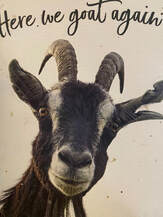
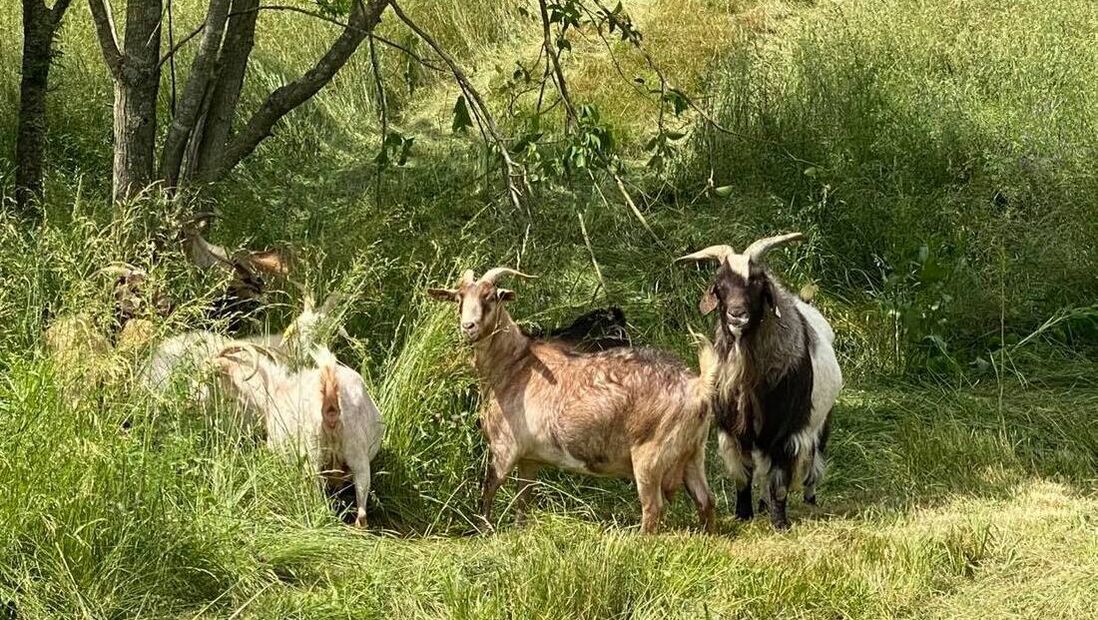
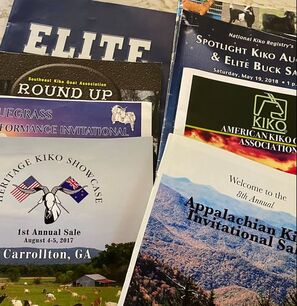
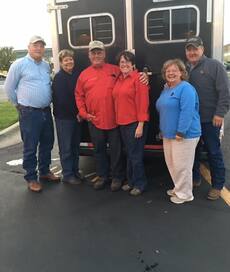
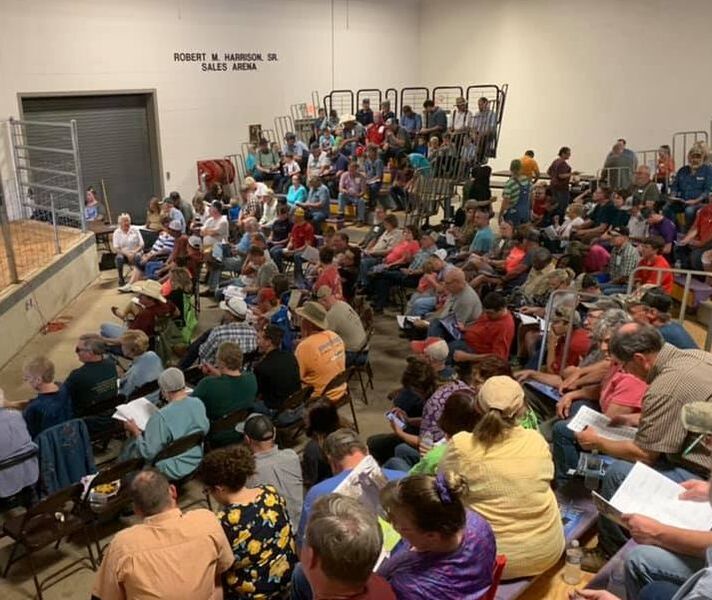

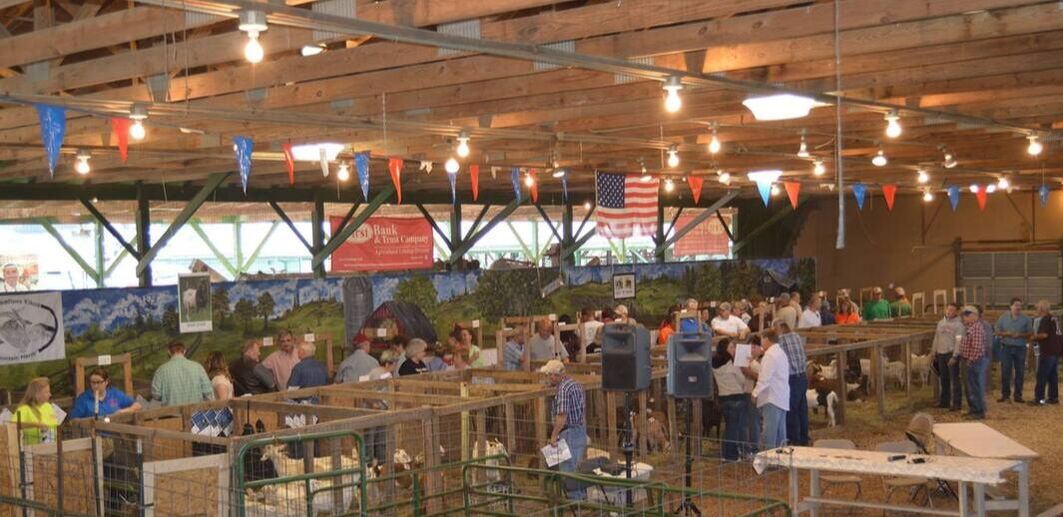
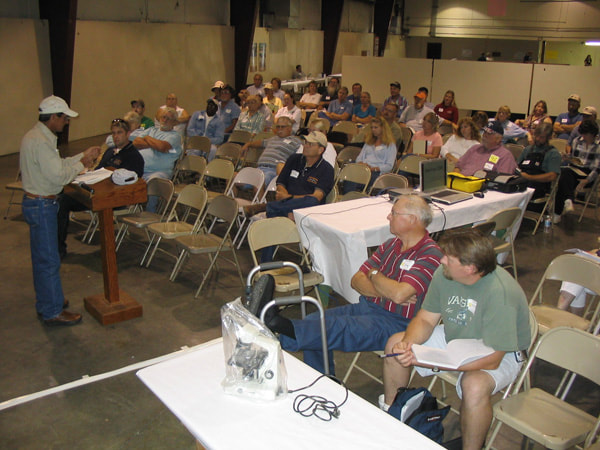
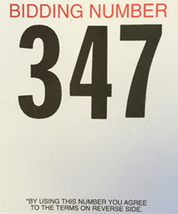
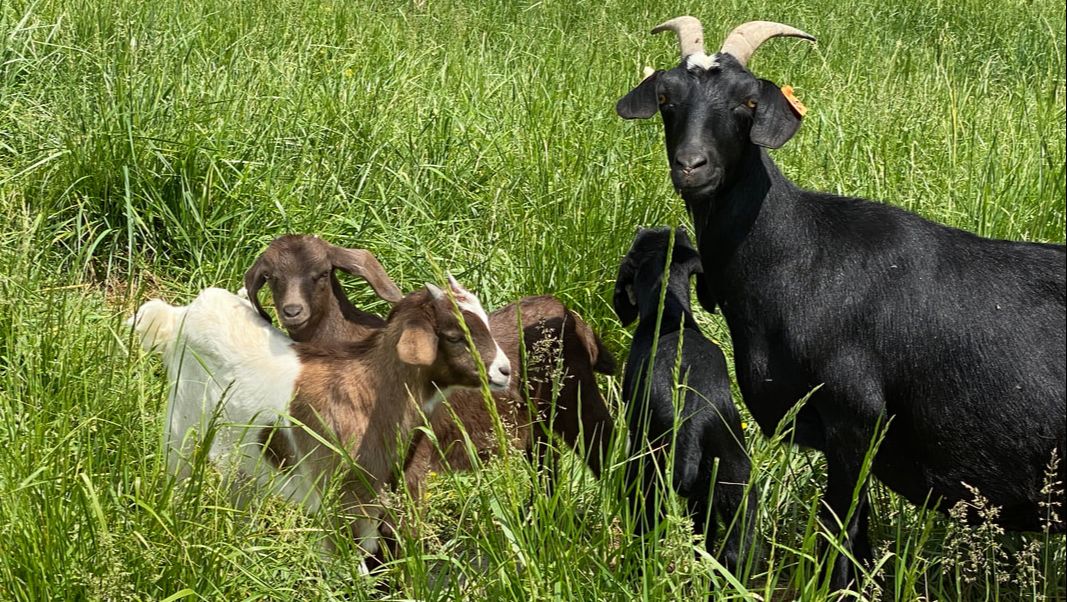
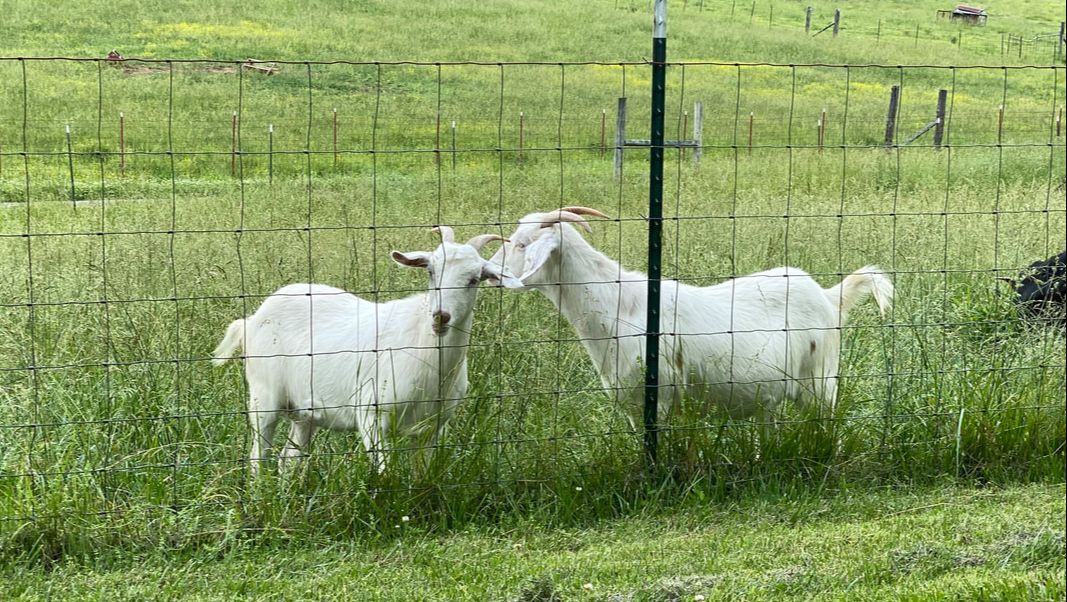
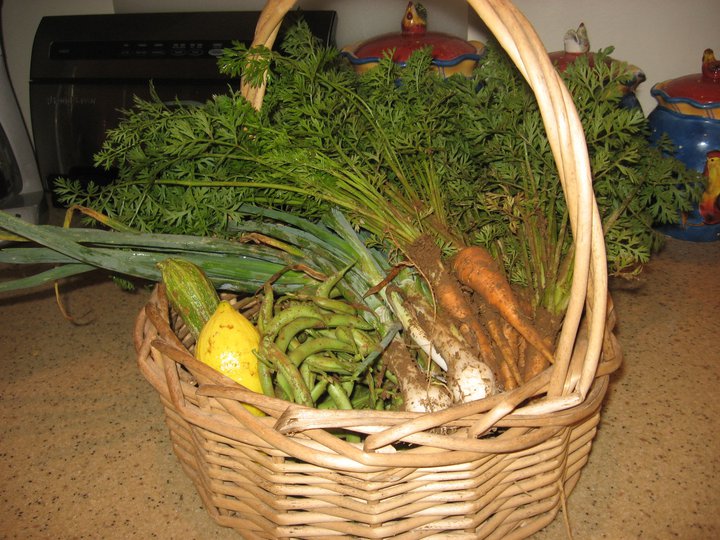
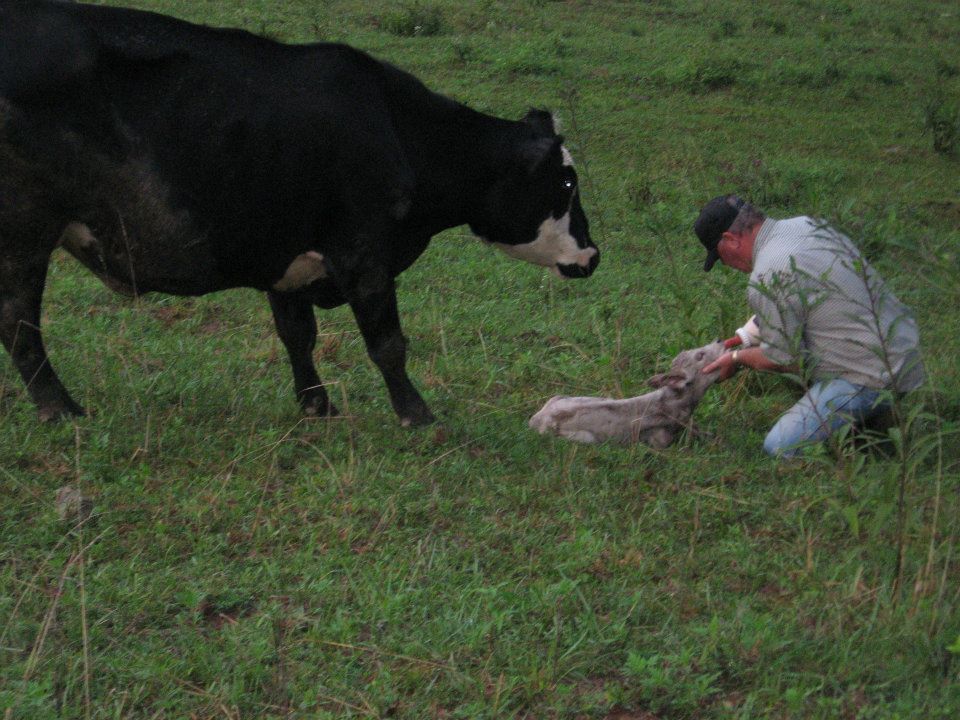
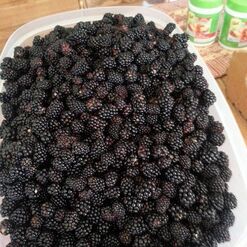
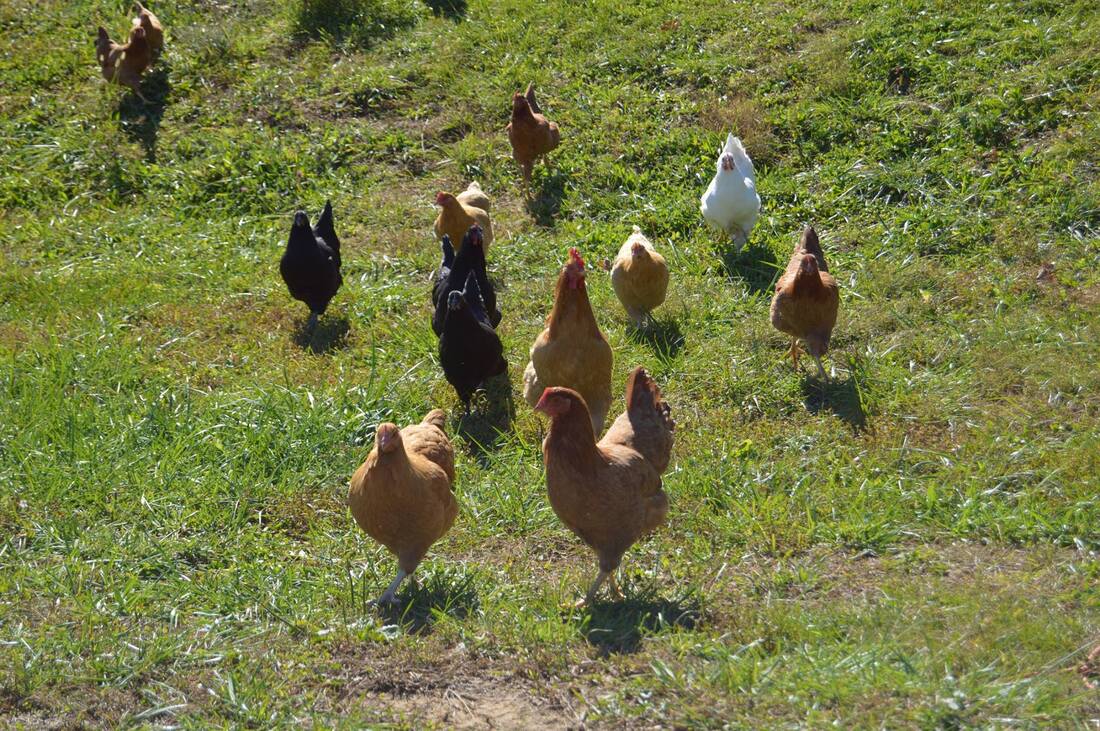
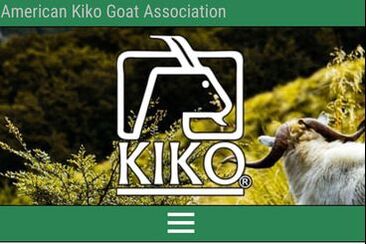
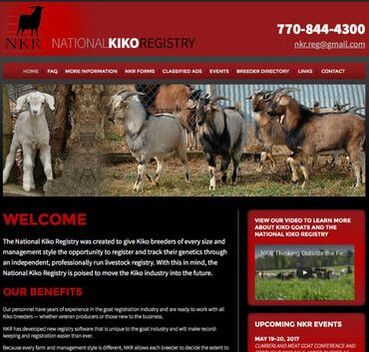
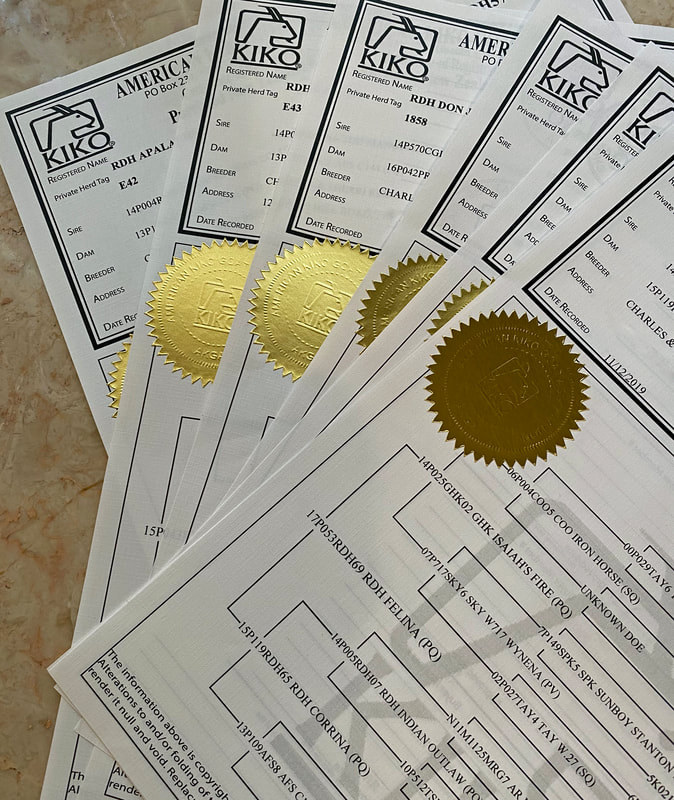
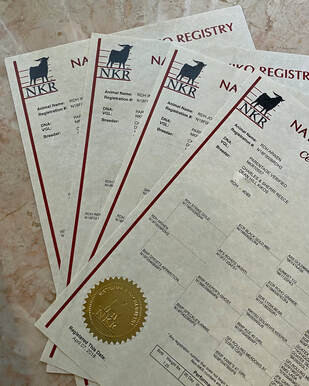
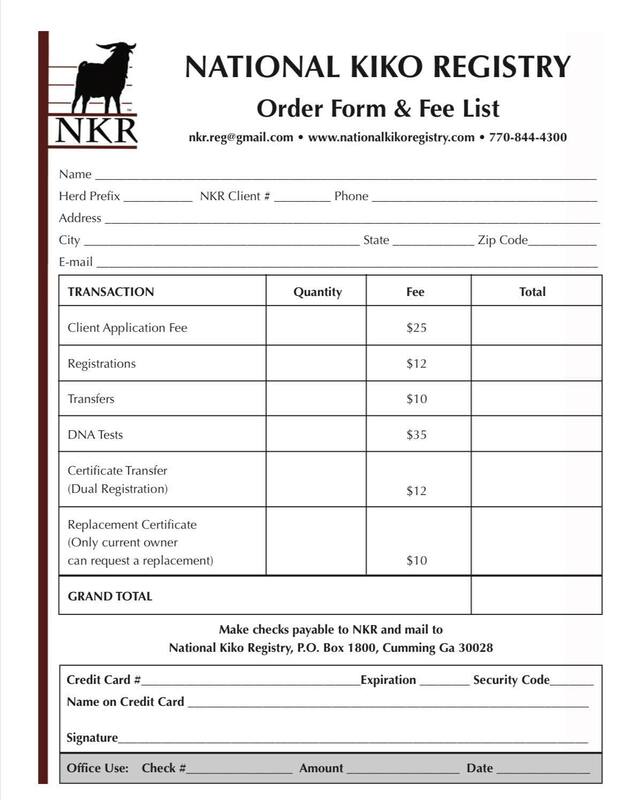
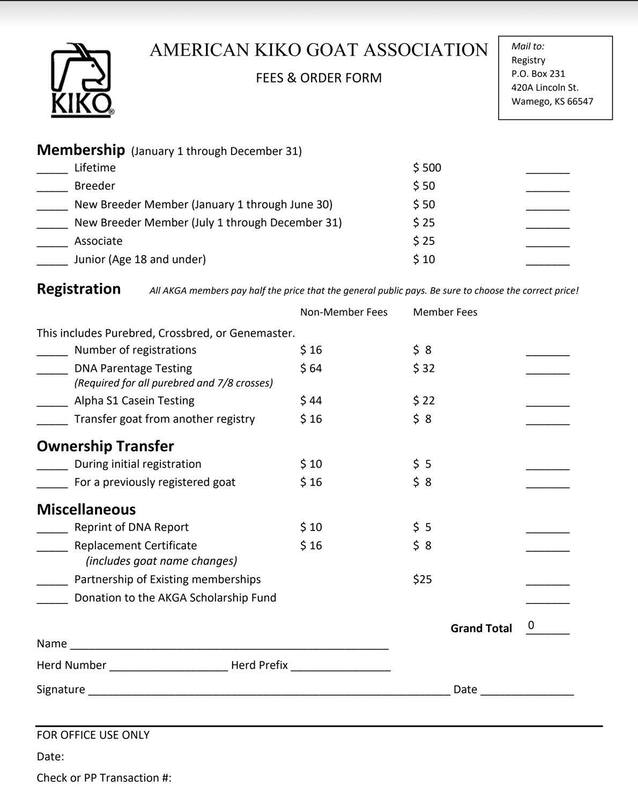
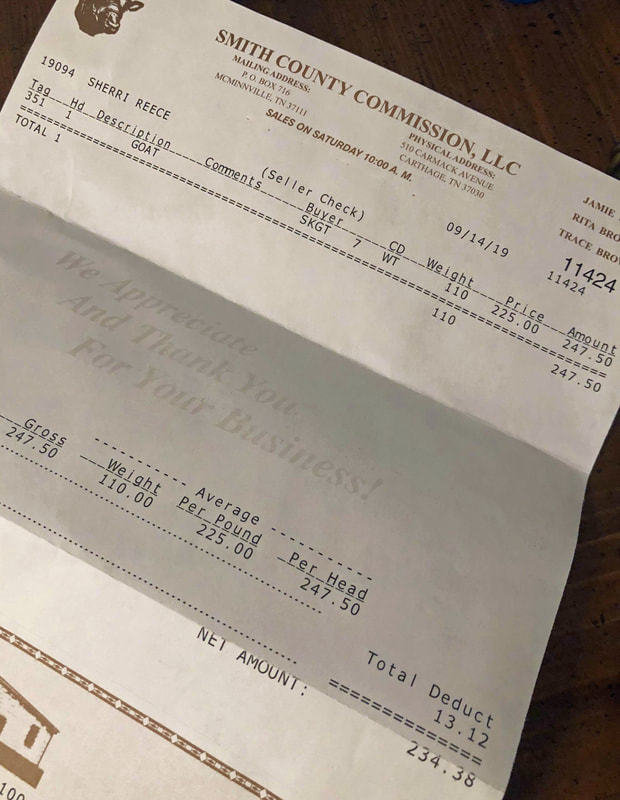
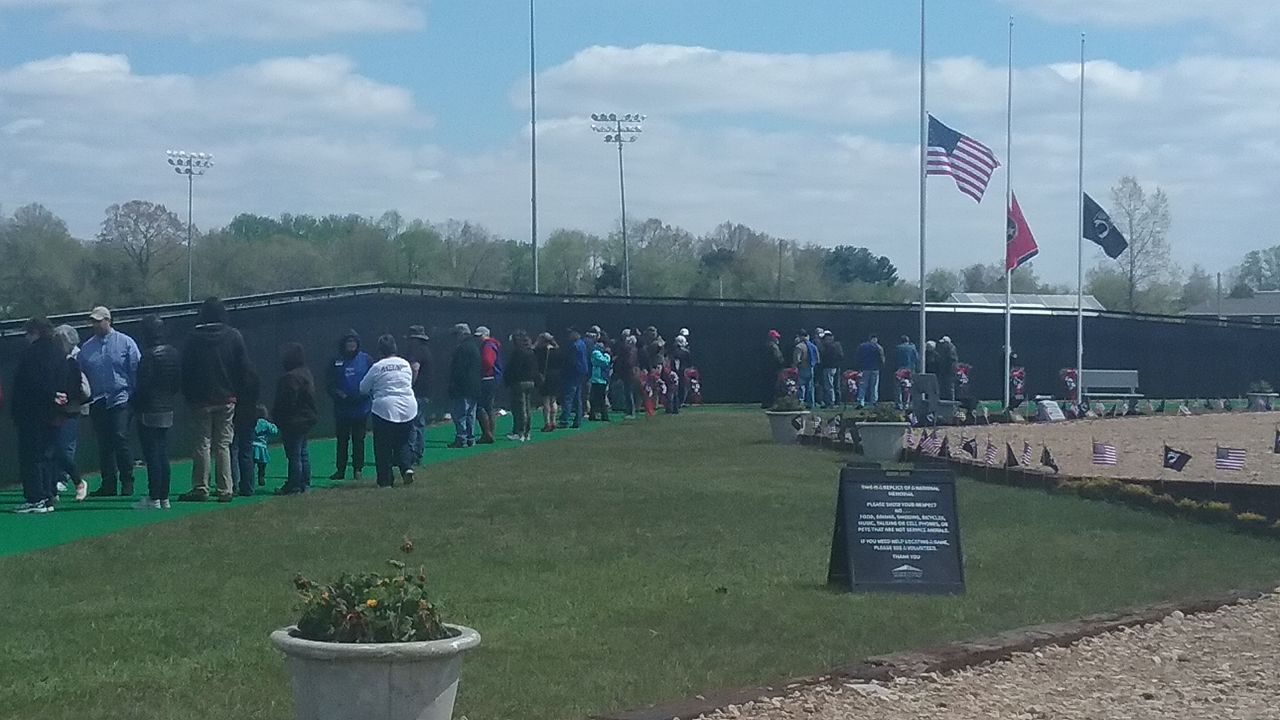
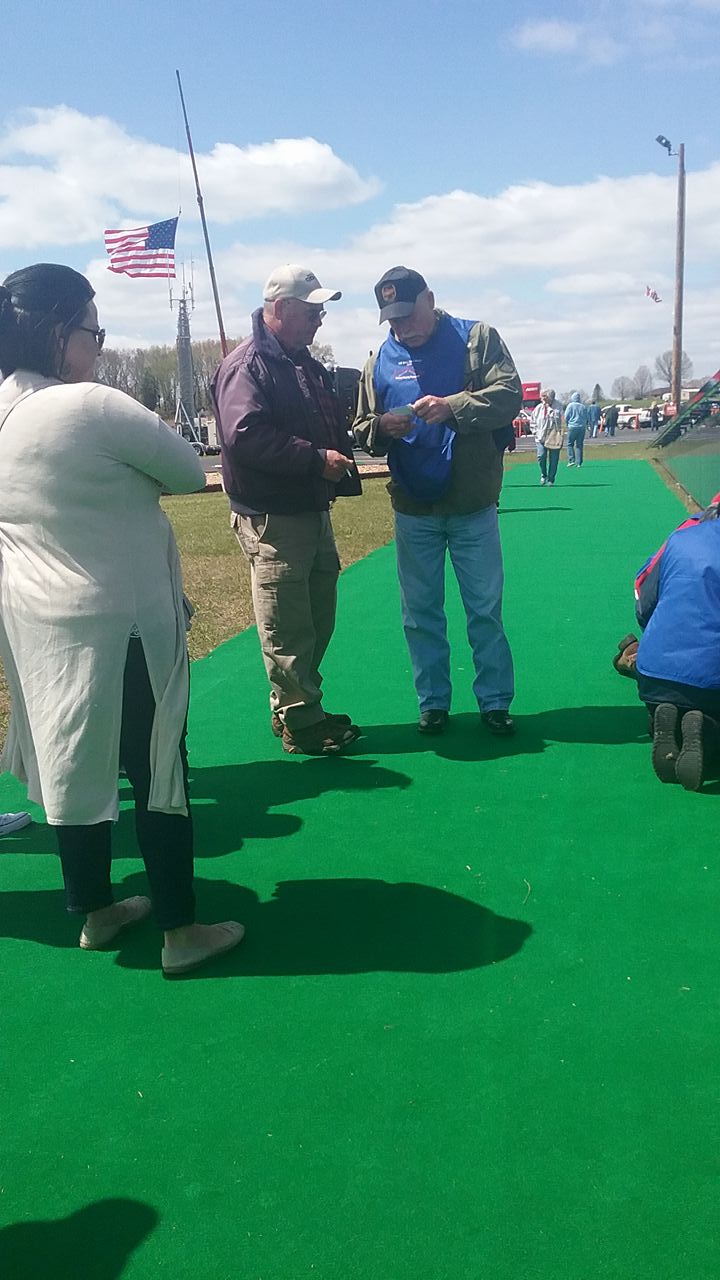

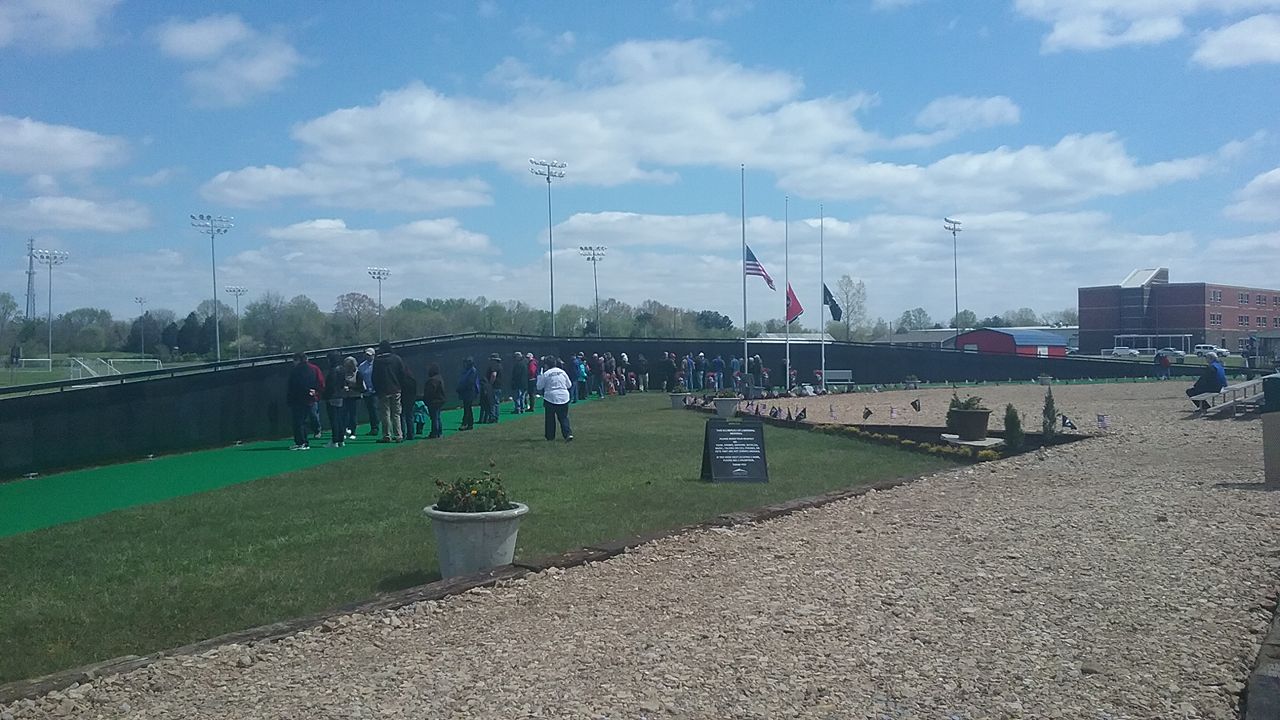
 RSS Feed
RSS Feed
